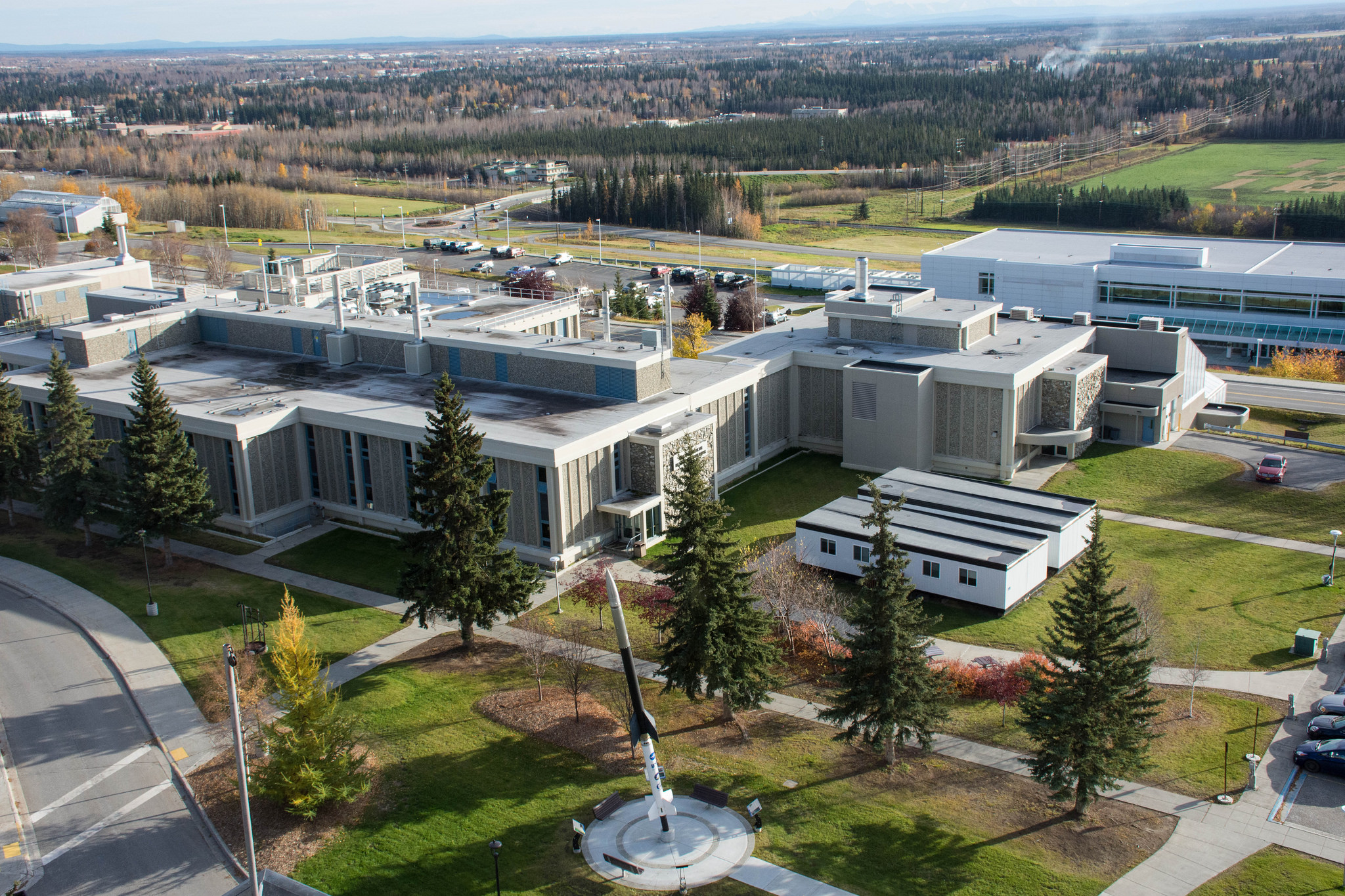Alaska’s Arctic researchers can breathe easier for the moment, but political uncertainty remains
After a recall movement started, Alaska Gov. Mike Dunleavy restored $110 million in university funding. But Arctic researchers still face challenges.

The last three months have left the University of Alaska system and its internationally recognized Arctic research programs suffering from bureaucratic whiplash.
The challenge now is to find some stability, look for more international support and try to recover from the chaos. At a time when Arctic research is more important than ever, the university is scrambling to present itself as an institution on solid ground.
The image rebuilding is not going to be easy, however, as the political situation in Alaska remains unsettled. It’s not clear when the uncertainty will end because of the failure by Gov. Mike Dunleavy to chart a consistent path for research.
Dunleavy signed off on a budget to dismantle major elements of the institution June 28, which was followed by weeks of contradiction and confusion.
The low point occurred in July, when Dunleavy’s staff threatened to eliminate all state support for research, which would have put about $100 million in federal contracts at risk. The university declared a financial emergency, leaving employees wondering if their jobs would be gone within weeks.
The governor’s staff suggested that the University of Alaska could find new donors to replace $35 million in state backing for research, but there was never a chance of that happening. The analysis presented by Dunleavy’s staff was riddled with errors.
The collapse of the university system was halted only when political opposition in Alaska solidified in the form of a movement to recall Dunleavy. He added $110 million back in university funding by late summer, which still leaves the school with a $25 million cut.
Instead of apologizing for his erratic behavior, which created real chaos for thousands, Dunleavy claimed by late summer that he deserved credit for starting a “conversation.”
The biggest conversation he started was the one that led nearly 50,000 Alaskans to sign onto the recall in a little more than a month. The recall campaign is likely headed to the courts and the final resolution is in doubt, but the movement was the only thing saved the university.
Still, the future structure of the university system and the level of support it can expect from the state of Alaska in the years ahead for research and instruction remains a question mark.
There are those who believe the best option is to go around Dunleavy and try to lobby the Alaska Legislature to reverse the budget cuts.
The budget reprieve, though far from complete, has allowed researchers to breathe easier and consider future options.
Hajo Eicken, director of the International Arctic Research Center, said there are opportunities to look for more research support on future projects from other governments and private companies.
“The big challenge is to diversify and grow/sustain Alaska’s economy,” he said. “Research has an important role to play, including collaboration with the private sector in foreign countries (e.g., Japan in our case specifically) — but work with the private sector typically involves smaller grants that are not sufficient to sustain a strong overall program.”
He said that joining forces with private companies to pursue government research may be a viable option.
“We are currently doing this at IARC to develop new approaches that advance autonomous observations of marine environments; another area that we are exploring is to provide improved environmental forecasts for the seasonal scale to the private and public sector,” he said.
Eicken said innovation and experimentation with funding models would help, suggesting that perhaps private and public users would support a subscription service for data access or a pay-per-use model.
A base level of state support is required, however, to provide matching grants and the focus is likely to shift in Alaska to doing a better job of convincing the Alaska Legislature that this is no time to turn away from research.
University officials and others need to stress the need to maintain and expand Arctic research and international connections at a time when the work is crucial to understanding climate change — and its implications for the entire world.
Dermot Cole can be reached at de*********@gm***.com.